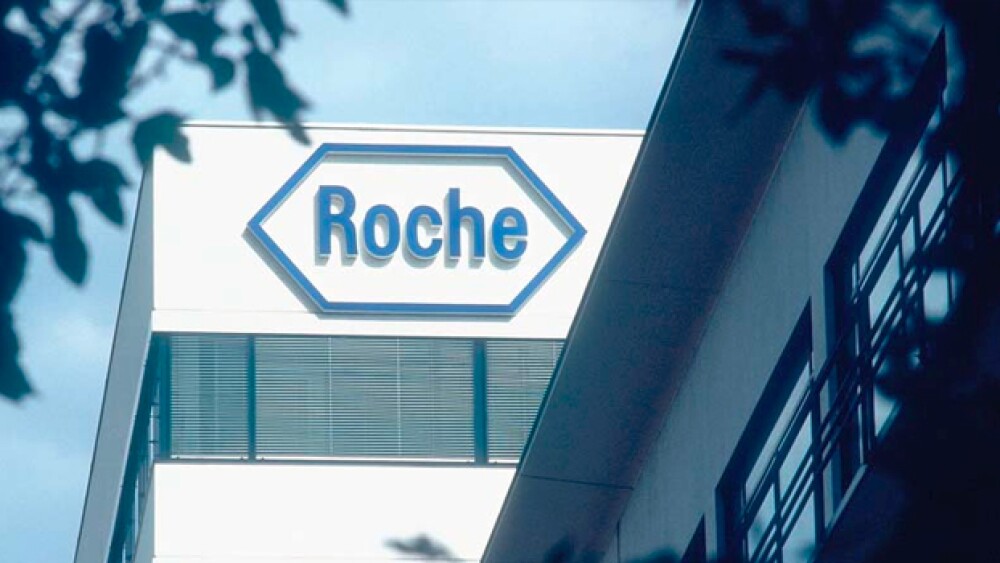Jeffrey D. Marrazzo, chief executive officer of Spark Therapeutics, said his company is the only biotech company that has successfully commercialized a gene therapy for a genetic disease in the United States.
Shares of Spark Therapeutics have skyrocketed more than 120 percent this morning after Swiss pharma giant Roche announced plans to acquire all outstanding shares of the gene therapy company’s stock at $114.50 per share, for a total of about $4.8 billion.
In premarket trading, shares have jumped from Friday’s close of $51.56 per share to $113.70 as Roche looks to bring the company’s gene therapy treatments under its umbrella, much like neighboring company Novartis has done over the past year with its own gene therapy acquisitions. One of the gene therapy companies Novartis acquired, AveXis, is closing in on an approval for a gene therapy treatment for spinal muscular atrophy.
Jeffrey D. Marrazzo, chief executive officer of Spark Therapeutics, said his company is the only biotech company that has successfully commercialized a gene therapy for a genetic disease in the United States. He said the company has “built unmatched competencies in the discovery, development and delivery of genetic medicines.” But, Marrazzo noted that the needs of patients who are battling genetic diseases are “immediate and vast.” By becoming part of Roche, Marrazzo said that company’s resources and expertise will help Spark reach more patients in need.
“With its worldwide reach and extensive resources, Roche will help us accelerate the development of more gene therapies for more patients for more diseases and further expedite our vision of a world where no life is limited by genetic disease,” Marrazzo said in a statement.
In December 2017, the U.S. Food and Drug Administration gave the green light to Spark for Luxturna (voretigene neparvovec), a gene therapy for a rare, genetic form of blindness. At the time of its approval, FDA Commissioner Scott Gottlieb said gene therapy will become “a mainstay in treating, and maybe curing” many diseases. Since the approval of Luxturna, Spark has also been advancing an impressive gene therapy treatment for hemophilia A. In August 2018, the company released mid-stage data that showed a one-time treatment yielded a 97 percent response rate in reduced bleeding events in patients. Updated data provided at the American Society of Hematology meeting in December continued to demonstrate a strong response from patients, as well as a strong safety profile, the company said.
Severin Schwan, chief executive officer of Roche, pointed to the results of that hemophilia trial as one of the drivers of the deal to acquire Spark. It will complement Roche’s hemophilia treatment Hemlibra. A 2018 approval for a second indication makes Hemlibra the only prophylactic treatment for people with hemophilia A with and without factor VIII inhibitors that can be administered subcutaneously and also includes a dosing regimen up to once every four weeks. Schwan said the Philadelphia-based company has a proven expertise in the gene therapy value chain that may offer “important new opportunities” for the treatment of diseases.
“In particular, Spark’s hemophilia A program could become a new therapeutic option for people living with this disease,” Schwan said in a statement.
The merger agreement has been unanimously approved by the boards of both Spark and Roche. Spark Therapeutics will continue its operations in Philadelphia as an independent company within the Roche Group. The closing of the transaction is expected to take place in the second quarter of 2019.





